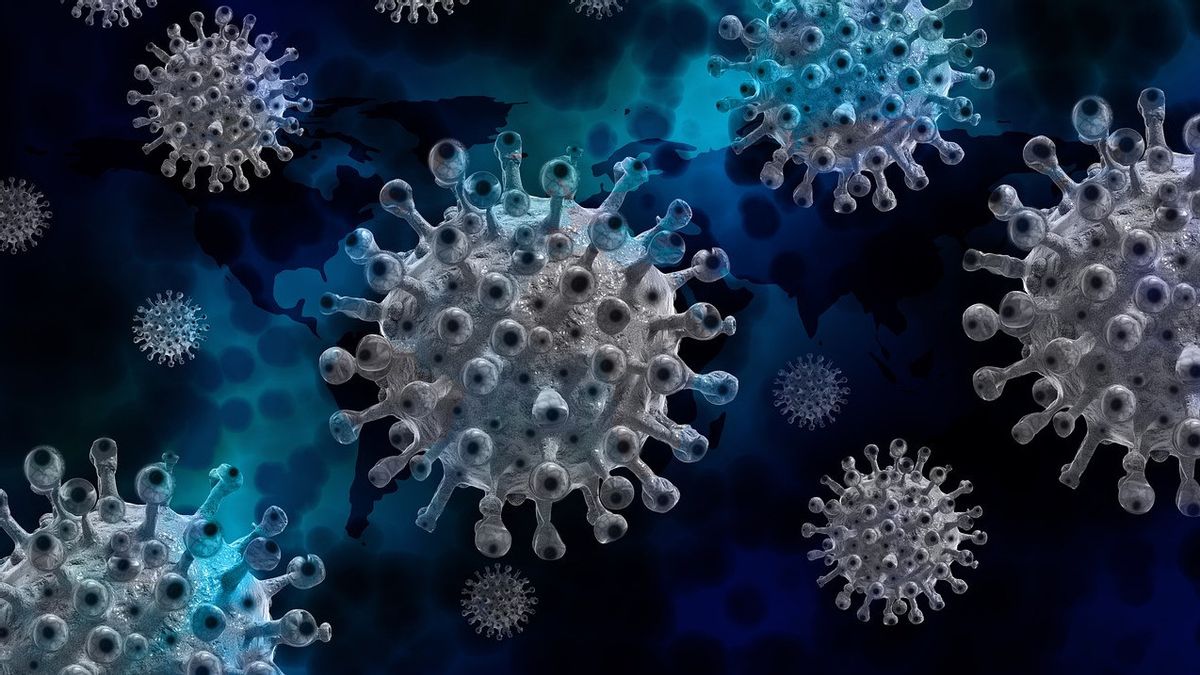JAKARTA - University of Indonesia (UI) microbiologist Amin Soebandrio said the government needed to monitor people's movements, especially ahead of Ramadan and Eid.
"In the month of fasting, there are activities that cause people to gather starting from Tarawih prayers, until later on during Hari Raya," Amin said in a webinar on Thursday, February 24.
Reflecting on last year's experience, Amin said the government had succeeded in controlling the mobility of the people during the month of Ramadan. However, during Eid al-Fitr, there is an increase in mobility so that COVID-19 cases in Indonesia will peak in June-July 2021.
"We learn from that experience. Not only the government, the community as well. If everyone can be disciplined, apply 5M, on the other hand, the government is also consistent with 3T, it will be very extraordinary," said Amin.
The Omicron variant, Amin continued, actually first appeared in South Africa in November 2021 and was not a derivative of the Delta variant that appeared in the second wave.
"If you look at other countries, the prediction of peak COVID-19 cases, especially the Omicron variant, appears in two to three months since the first case was detected. It is possible that the same pattern also occurs in Indonesia," Amin explained.
Amin said the Omicron variant did cause the transmission of COVID-19 to be faster. The reason is, this variant has a higher number of mutations than the variants that appeared before. The mutation could allow Omicron to better adapt to its environment.
However, Amin said mutations do not always benefit the virus. In the Omicron variant, mutations generally do not cause severe clinical morbidity or symptoms.
"Basically, the risk of infection has a formula, namely the malignancy of the virus multiplied by the dose of the virus, then divided by immunity. Immunity is formed from vaccination or natural infection when a person is exposed to the virus," said Amin.
Based on a study conducted by the UI Faculty of Public Health (FKM), the Ministry of Health, and LBM Eijkman, more than 70 percent of the Indonesian population already has antibodies even though they have never been tested positive for COVID-19 or vaccinated. Meanwhile, of the population who have been exposed to COVID-19 and vaccinated, 90 percent of them already have antibodies.
So, according to Amin, apart from monitoring people's movements, vaccination is also very important to control COVID-19.
"This is the importance of completing vaccination. We hope that with this effort, we can really reduce the number of cases without any other peaks," he concluded.
The English, Chinese, Japanese, Arabic, and French versions are automatically generated by the AI. So there may still be inaccuracies in translating, please always see Indonesian as our main language. (system supported by DigitalSiber.id)













